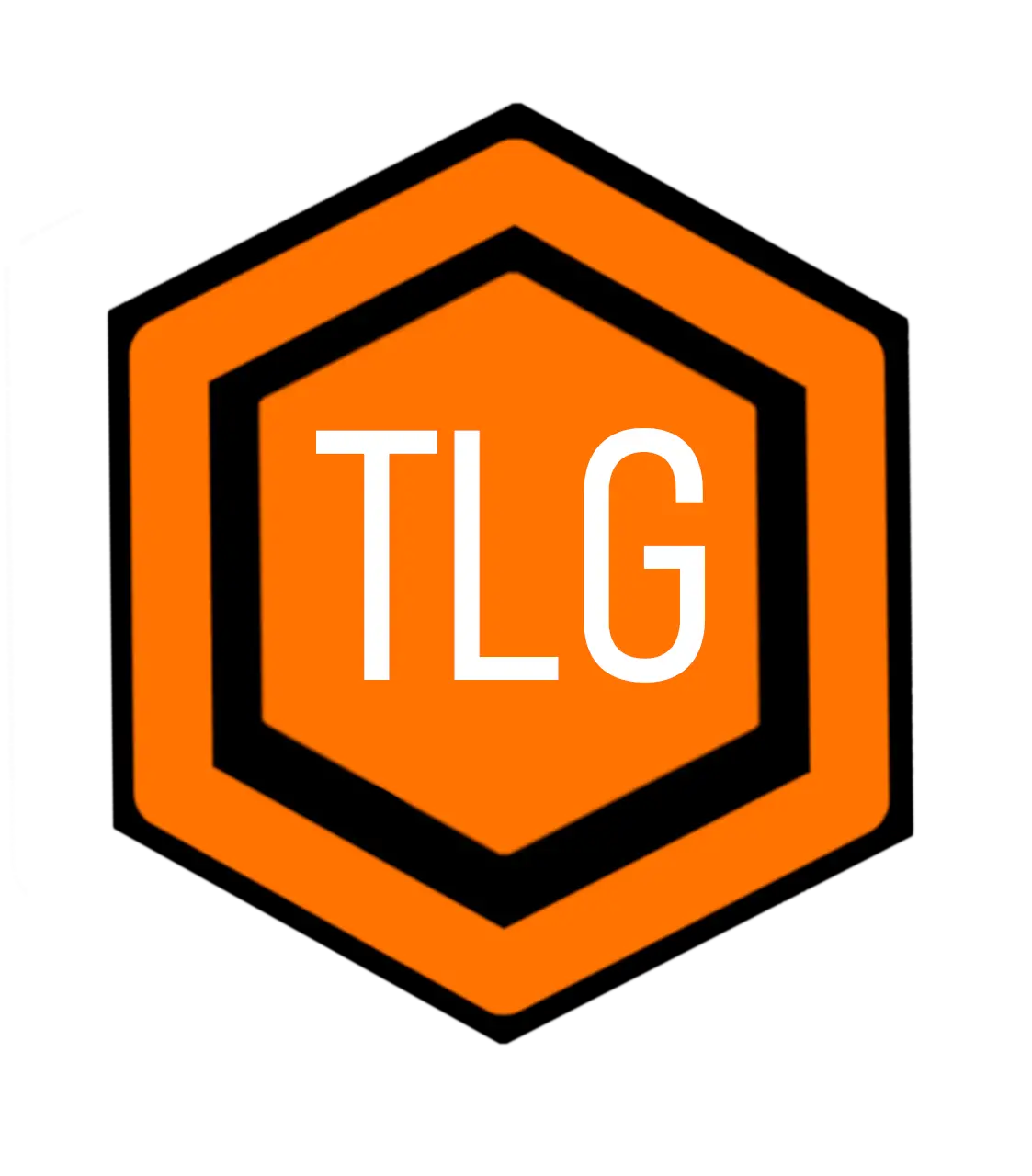The Game of Humanity is a free virtual board game where you’ll decide to cooperate or compete with other tribes as you make your way through human history and learn a little bit about how we got here. But after finding out a bit more about human evolution, an obvious question arises, how did games get here? David Simon, the man behind the project, gave us his summary of “gaming evolution”, check it out!
The Games of Human Life
We humans were playing board games before we knew how to record our own history, and we’re playing them still — in ever-increasing numbers. The long history of board games is described eloquently by British journalist Tristan Donovan in It’s All a Game: The History of Board Games from Monopoly to Settlers of Catan (2017).
Within the larger context of the history of board games in human life, the book describes an evolution of board games about human life:
Mansion of Happiness (1800)

First released in Britain, this game promised to enhance the soul as it led lucky players on the road to the Mansion of Happiness. But the road also included harsh punishments for those unlucky enough to land on the wrong space. A player who landed on “Immodesty” or “Audacity,” for example, was instructed to “not even think of happiness, much less partake of it.”
Checkered Game of Life (1860)

A 23-year-old printer named Milton Bradley played Mansion of Happiness and decided to make his own version of the game, in which a player’s path through life wouldn’t be determined strictly by luck, or fate. Bradley’s version gave players options, such as whether to seek Happiness by moving to Honesty, or whether to head to School so they could go to College.
The Game of Life (1960)

A hundred years after its predecessor was introduced, this game brought the same idea into the modern reality of Western capitalist society. Players choose between going to college or starting work sooner, having kids, etc. At the end of the path through life, players retire to either the Millionaire’s Mansion or the Country Cottage, depending on how much money and property they’ve accrued. A 1991 update added “Life Tiles,” non-monetary currency received for saying no to drugs, helping the homeless or recycling trash, but these were nonetheless converted to cash at the end to determine a winner.
The Game of Real Life (1998)
Finally, Donovan chronicles the story of Chris Pender, an Ohio man who loved playing The Game of Life in his youth but felt it had some glaring omissions — happiness as a more important value than money, race, gender, sex, etc. He created The Game of Real Life, a ramble through life where the goal is to become the happiest player in a world filled with obstacles before heading toward the white light (if you don’t die before old age).
The Game of Humanity (2018)

Published after Donovan’s book, this new online board game takes its place as the latest in the series. It looks well beyond the life of any one human to the events impacting our species generally. These events began with the Big Bang 13.7 billion years ago, led eventually to the emergence of Homo sapiens some 200,000 years ago, and continue to the present moment.
The game leads players down this entire path of human history, inviting their attention to the developments that preceded our emergence, as well as those that marked the transformation of our species from humble hunter-gatherers to the Rulers of the Planet we are today. Try The Game of Humanity to see if you can help ensure the future of Humankind!
In Sum…
There is a long history of board games that show or teach us something about ourselves, our past, and our values as human beings. The evolving themes of these games — from religious morality to capitalism to humanism — parallel the cultural evolution of our species over the last 150 years.
Far from just a “trivial pursuit,” these games can help us answer some important questions — Is it our Human Nature to be competitive with our fellow humans, to be cooperative with them, or both? Are we basically selfish, selfless, or both? To what degree are we still essentially “tribal” after thousands of years of living in cities and empires? — while having fun with family and friends.








